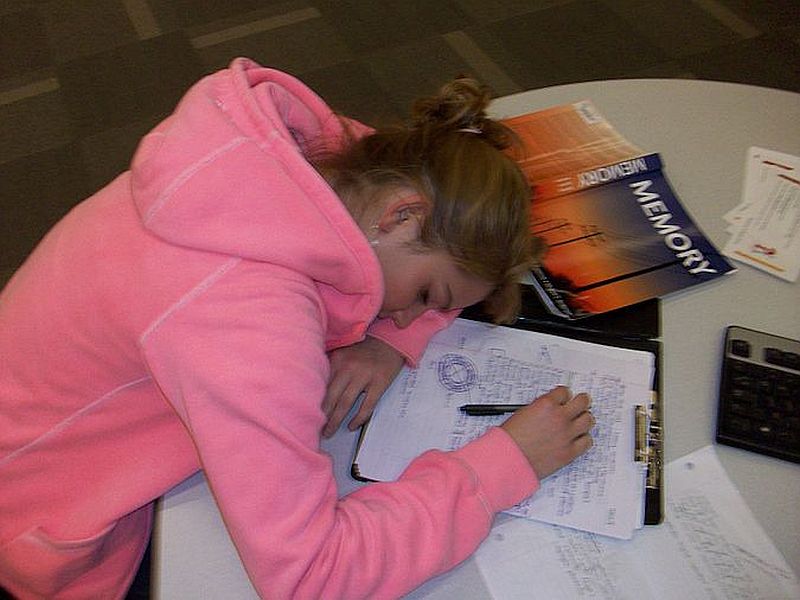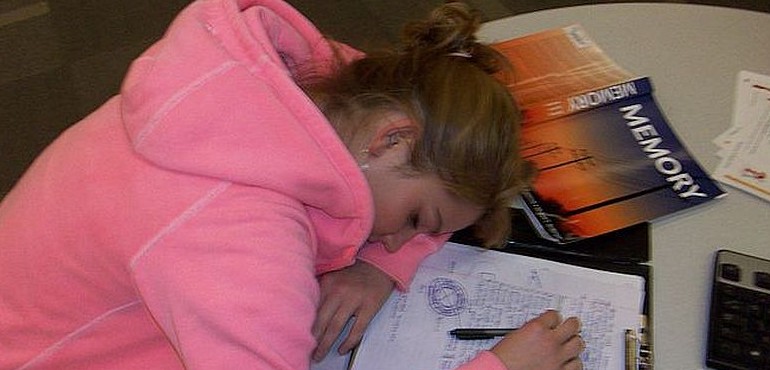
Zachary Shaw
Copy Editor
Lewis and Clark’s semester finals are near, set for the week of Dec. 15-19, and enough sleep might be the best advice to take during that time.
The Centers for Disease Control and Prevention (CDC), recommends a bare minimum of seven hours of sleep a night for ages 18 and older.
While sleep may seem like a way to escape studying and homework assignments, research shows that it may be the best method to positive scores and grades.
In an article published by KQED.org, sleep is noted as a direct influence upon students grades. Sleep and study habits can be balanced, but if a sacrifice must be made on either one the night before a test, UCLA scientist Andrew Fuligni suggests getting the recommended amount of sleep.
But why sleep is tied to doing successful on tests and exams revolves around the brains’ function during its resting period.
“Our brains are big users of adenosine triphosphate (ATP). The brain is probably the only organ that uses more energy than it can make for itself. Sleep is a time of restoration of ATP potentials in the brain,” Dr. David Stair, L&C Biology Professor said, “Without this purging of excessive amount of information and restoration of ATP, you can see the possibility of diminished or confused thought patterns”.
The process of sleeping happens over the course of several steps. It is in the third and fourth steps that the Rapid Eye Movement cycle (REM) occurs. During this period, the brain neurons revisit all the information taken in that day and selects the material worth storing, then removes unnecessary memories.
“I have a hard time focusing on the subject at hand during school when I don’t get enough sleep. I’ll be thinking about random things, and it makes the entire class period more difficult,” Occupational Therapy major, Greg Meyer, said.
Sleep researchers have many ideas to combat lack of sleep in students, in hopes of increasing the productivity of students inside the classroom.
Among recommendations to ensure a proper amount and quality of sleep are: breathing techniques to relax the body and mind, and listening to slow tempo music before bed, which helps neurons begin their synchronized patterns faster.
“Many questions on rigorous tests are very analytical and need some creativity and innovation to complete, [so] a regular sleep pattern of 7-8 hours a day [is recommend]. Go to sleep at the same time each night and get up at the same time each morning. This will entrain your physiological rhythms over time to match your wake times,” Dr. Stair said.
For more information, and for a better understanding of sleep health and its outward and inward effects, visit sleepfoundation.org.
Contact Zach at zshaw@lc.edu





Bro . Pinnex Just got home from the trip and wanted to tell you thank you again for the oittruunppy to be a part of the missions trip. My wife and I had our hearts touched for this difficult and unique mission field. We will defin itley be praying for you luke 18:1Love the Allens